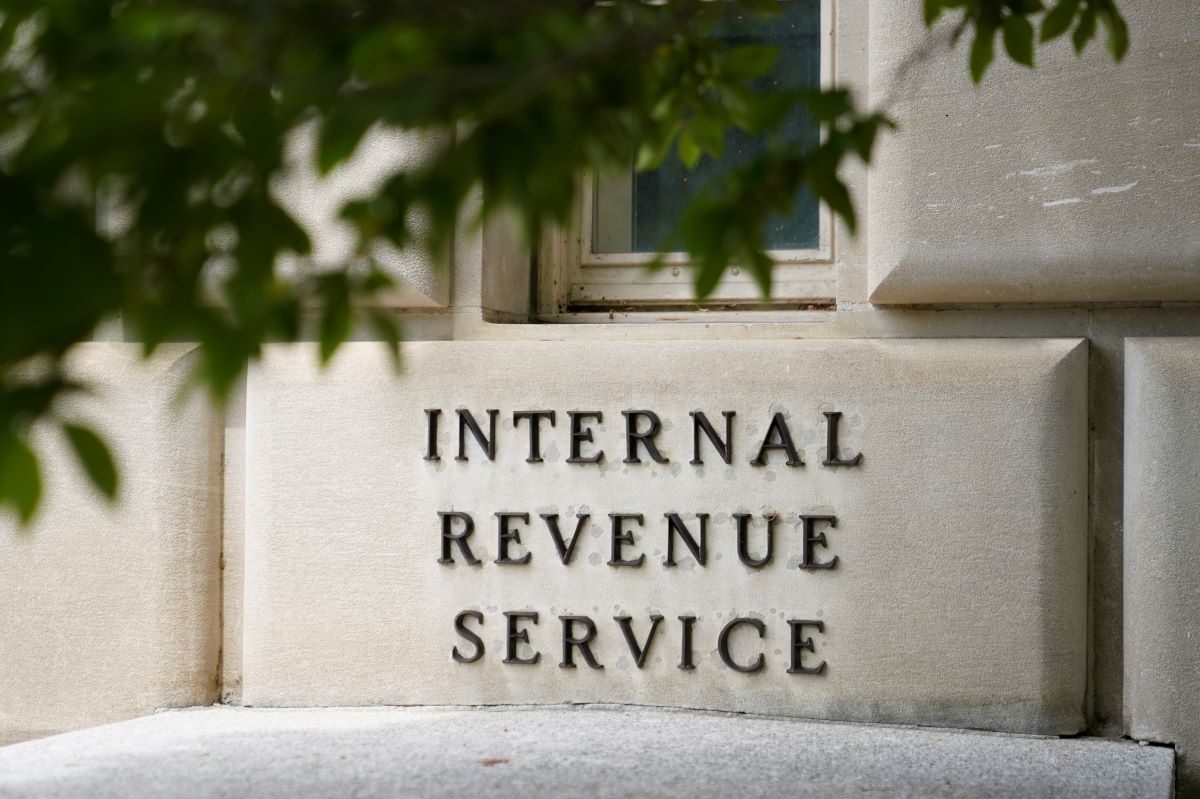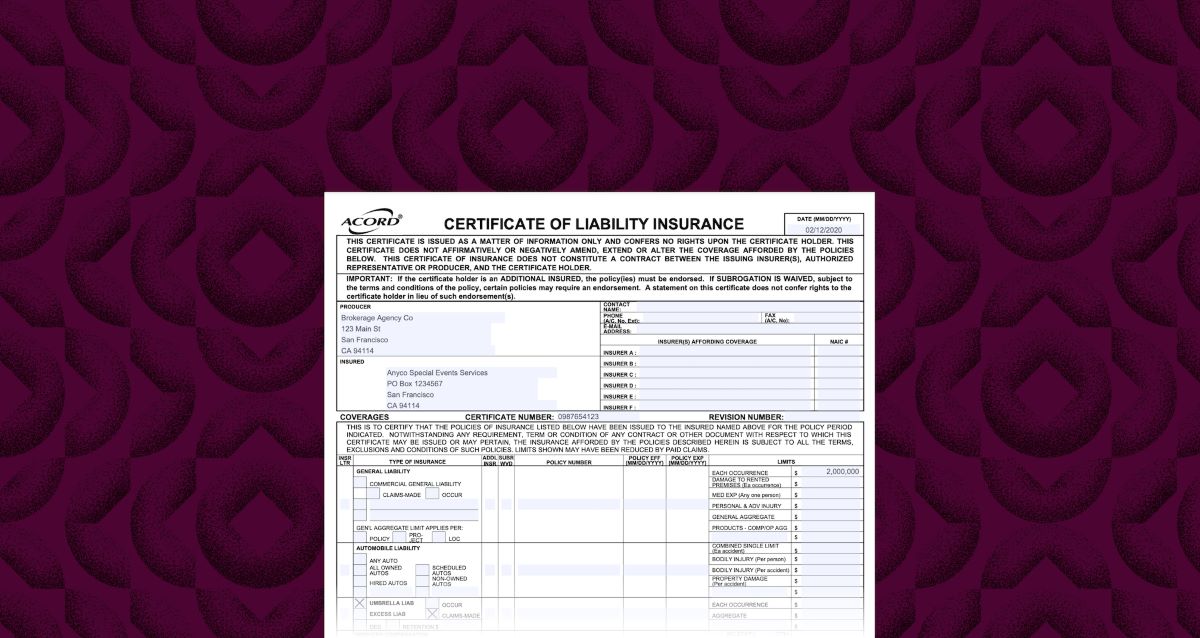

Finance
How Much Does Accounting Professor Make
Modified: February 21, 2024
Discover the average salary of accounting professors in the finance field and learn how much they make. Find out the earning potential of a finance professor.
(Many of the links in this article redirect to a specific reviewed product. Your purchase of these products through affiliate links helps to generate commission for LiveWell, at no extra cost. Learn more)
Table of Contents
Introduction
Welcome to the world of finance and academia! If you’ve ever wondered how much an accounting professor makes, you’ve come to the right place. Accounting professors play a vital role in shaping the minds of future finance professionals while also contributing to the academic community through research and publication.
Accounting is a specialized field that requires a deep understanding of financial principles, reporting practices, and taxation. Accounting professors are experts in these areas, equipped with the knowledge and experience to educate aspiring accountants and future business leaders. But how much do these professors earn for their valuable contributions?
In this article, we will delve into the average salary of accounting professors, explore the factors that influence their earnings, discuss the qualifications and experience necessary to become an accounting professor, and compare their salary to other professions in the finance industry.
Whether you are considering a career in academia, curious about accounting professor salaries, or simply want to learn more about this fascinating profession, this article will provide you with the information you need. Buckle up as we dive into the world of accounting professors and discover the financial rewards of this challenging and rewarding career.
Average Salary of Accounting Professors
When it comes to the salary of accounting professors, it largely depends on several factors such as education, experience, institution type, and location. On average, accounting professors earn a respectable income for their dedication to teaching and research.
In the United States, the average salary for accounting professors ranges from $70,000 to $150,000 per year. This range can vary based on the professor’s level of experience, academic qualifications, and the prestige of the institution they are affiliated with. Professors at top-tier universities or Ivy League institutions tend to earn higher salaries compared to those teaching at smaller colleges or community colleges.
It’s important to note that as accounting professors advance in their careers, their income can increase significantly. Professors who have achieved tenure, which is a prestigious position indicating a high level of expertise and contribution to academia, often earn higher salaries compared to those who are in the early stages of their careers.
Additionally, accounting professors have the opportunity to supplement their base salary through consulting work, research grants, and publications. These additional sources of income can help boost their overall earning potential and provide financial stability.
The salary of accounting professors is also influenced by their academic rank or position. An assistant professor, who is in the early stages of their career, typically earns a lower salary compared to an associate professor or full professor. As professors advance in rank, their salaries increase to reflect their experience, expertise, and contributions to the field of accounting.
It’s important to understand that salary figures can vary based on the country or region. The numbers mentioned here are specific to the United States, and salaries in other countries may differ due to factors such as cost of living and economic conditions.
Now that you have an idea of the average salary range for accounting professors, let’s explore the factors that can impact their earnings in more detail.
Factors Affecting Accounting Professors’ Salary
The salary of accounting professors is influenced by several factors that can impact their earning potential within the academic field. Understanding these factors can provide insight into why some professors earn higher salaries than others. Here are the key factors that affect accounting professors’ salaries:
- Educational Qualifications: The level of education a professor has achieved plays a significant role in determining their salary. Holding a doctoral degree, such as a Ph.D. in accounting or finance, can increase their earning potential. Higher degrees often demonstrate a deep understanding of the subject matter and enhance the professor’s credibility in the academic community.
- Experience: Experience is another crucial factor that affects salary. Accounting professors with extensive teaching experience, as well as industry experience in accounting or finance, may command higher salaries. The knowledge and insights gained through years of practical experience can be invaluable in the classroom, making experienced professors highly sought after.
- Institution Type: The type of institution where an accounting professor is employed can affect their salary. Professors at prestigious universities or recognized research institutions generally earn higher salaries compared to those teaching at smaller colleges or community colleges. This is often due to the reputation and financial resources of these institutions.
- Location: The geographic location of an institution can have an impact on salary. Professors in urban areas or regions with a higher cost of living may receive higher salaries to account for the increased expenses. Additionally, institutions located in economically prosperous regions may offer more competitive salaries to attract top talent.
- Publication and Research: The publication and research record of an accounting professor can also influence their salary. Professors who publish their research in reputable academic journals and receive grants or funding for their projects may be eligible for performance-based bonuses or salary increases. Research productivity is often considered a significant aspect of academic success.
These factors work together to determine the overall salary of an accounting professor. It’s important to note that while these factors can have a significant impact on salary, individual negotiation skills and market demand can also play a role in determining the final earning potential of an accounting professor.
Now that we have explored the factors that affect accounting professors’ salaries, let’s take a closer look at the qualifications and experience required to enter this esteemed profession.
Qualifications and Experience Required
Becoming an accounting professor requires a strong educational background, extensive experience in the field of accounting, and a passion for teaching and research. While the specific qualifications and experience required may vary depending on the institution and position, here are the general requirements for a career in accounting academia:
- Educational Qualifications: The first step towards a career as an accounting professor is obtaining a bachelor’s degree in accounting or a related field. This provides the foundational knowledge and understanding of accounting principles. However, to pursue a career in academia and become a professor, a higher level of education is typically required. Most accounting professors hold a doctoral degree, such as a Ph.D. in accounting, finance, or a related discipline. A doctoral degree demonstrates a deep understanding of the subject matter and the ability to conduct independent research.
- Teaching Experience: Teaching experience is highly valued in academia. To become an accounting professor, gaining teaching experience is essential. This can be obtained by working as a teaching assistant or instructor during graduate school, or by gaining experience as an adjunct professor or lecturer at the undergraduate or graduate level. Teaching experience helps develop classroom management skills, curriculum development abilities, and student engagement strategies.
- Research and Publications: A significant component of being an accounting professor is conducting research and publishing academic papers. Demonstrating a commitment to research and publication is crucial for advancement in academia. Aspiring accounting professors should strive to conduct original research, contribute to the academic literature, and present their findings at conferences or seminars. This showcases their expertise and enhances their chances of securing a tenure-track position or promotion.
- Industry Experience: While not always mandatory, having practical experience in the accounting field can be advantageous when pursuing a career as an accounting professor. Industry experience helps bridge the gap between theory and practice, allowing professors to bring real-world examples and insights into the classroom. Additionally, industry experience can contribute to a professor’s credibility and enhance their teaching effectiveness.
- Professional Certifications: Obtaining professional certifications, such as Certified Public Accountant (CPA), Chartered Financial Analyst (CFA), or Certified Management Accountant (CMA), can further enhance an accounting professor’s qualifications. These certifications validate expertise and practical knowledge in specific areas of accounting and finance.
It’s important to note that the specific qualifications and experience required may vary based on the institution and the level of the position being sought. Higher-level positions, such as tenured professorships, often have more stringent requirements and may necessitate a stronger research and publication record.
Now that we’ve explored the qualifications and experience required, let’s compare the salary of accounting professors to other professions in the finance industry.
Comparison of Accounting Professors’ Salary to Other Professions
Accounting is a sought-after profession due to its stability, growth opportunities, and strong earning potential. While accounting professors enjoy a fulfilling and intellectually stimulating career, it’s interesting to compare their salaries to other professions within the finance industry. Here are some notable comparisons:
- Accountants and Auditors: Accounting professors typically earn higher salaries compared to professionals in the accounting field. According to the U.S. Bureau of Labor Statistics, the median annual wage for accountants and auditors was $73,560 as of May 2020. While this figure can vary based on factors such as experience and location, accounting professors generally earn more due to their advanced education, teaching responsibilities, and potential for additional income from research and consulting.
- Financial Analysts: Financial analysts play a crucial role in evaluating investment opportunities, conducting research, and making financial recommendations. The median annual wage for financial analysts was $83,660 as of May 2020 according to the U.S. Bureau of Labor Statistics. Accounting professors, with their extensive knowledge of financial principles, can earn salaries on par with or even surpass that of financial analysts, particularly those at prestigious institutions.
- Investment Bankers: Investment bankers are responsible for strategic financial advisory services, capital raising, and mergers and acquisitions. While investment banking can offer lucrative compensation, salaries can vary significantly based on factors such as experience, location, and performance. Accounting professors, on the other hand, have a more stable income stream and may earn comparable salaries to investment bankers, especially if they have published influential academic research or have consulting arrangements.
- Corporate Finance Managers: Corporate finance managers oversee the financial activities of companies, including budgeting, financial planning, and risk management. According to the U.S. Bureau of Labor Statistics, the median annual wage for financial managers, which includes corporate finance managers, was $134,180 as of May 2020. While accounting professors may not earn salaries at this level, they enjoy the benefits of a more flexible work schedule, academic freedom, and opportunities to contribute to the advancement of knowledge in their field.
- Chief Financial Officers (CFOs): CFOs are the highest-ranking financial executives in organizations and are responsible for strategic financial planning and decision-making. The salaries of CFOs can vary significantly depending on factors such as company size, industry, and performance. While accounting professors may not earn salaries on par with CFOs, they have the satisfaction of shaping the future generation of finance professionals and making a lasting impact on the field.
It’s important to note that while accounting professors may not always earn the highest salaries compared to some finance industry professionals, their compensation is in line with their unique responsibilities as educators, researchers, and contributors to the academic community. Additionally, accounting professors often enjoy the benefits of job security, a flexible work environment, and the opportunity to influence and inspire future finance professionals.
After considering these comparisons, it is clear that accounting professors have a well-rounded and rewarding career both in terms of compensation and the intangible rewards that come with teaching and research contributions. Let’s now wrap up this article with a summary and key takeaways.
Conclusion
Becoming an accounting professor is a noble and rewarding career path within the finance industry. While salary is an important consideration, it’s essential to remember that being an accounting professor entails more than just financial compensation. Accounting professors have the opportunity to share their knowledge, inspire future professionals, contribute to groundbreaking research, and shape the field of accounting.
In this article, we explored the average salary range for accounting professors, which typically falls between $70,000 to $150,000 per year in the United States. We also discussed the various factors that influence their salaries, such as educational qualifications, experience, institution type, and location.
We reviewed the qualifications and experience necessary to become an accounting professor, including the importance of higher education, teaching experience, research, and industry knowledge. These qualifications set accounting professors apart and contribute to their earning potential.
Furthermore, we compared the salaries of accounting professors to other professions within the finance industry, such as accountants and auditors, financial analysts, investment bankers, and corporate finance managers. While accounting professors may not always earn the highest salaries compared to these professions, they enjoy the benefits of a stable income, academic freedom, and the opportunity to shape the minds of future finance professionals.
In conclusion, being an accounting professor offers a fulfilling and intellectually stimulating career. The financial rewards, combined with the intrinsic rewards of teaching and research, make it an attractive and respected profession within the finance industry.
So, if you have a passion for accounting, a desire to make a difference, and the dedication to pursue higher education and research, a career as an accounting professor may be the perfect fit for you.
Thank you for joining us on this exploration of the salary and career prospects of accounting professors. We hope you found this article informative and inspiring as you consider your own career path in the world of finance and academia.














